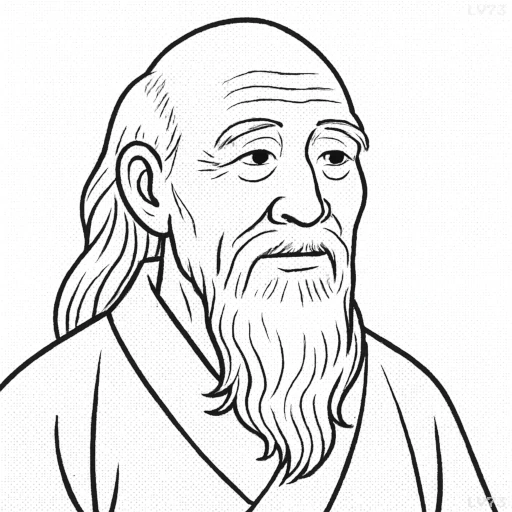“He who controls others may be powerful, but he who has mastered himself is mightier still.”

- 571 BC? – 470 BC?
- Born in China
- Philosopher
table of contents
Quote
“He who controls others may be powerful, but he who has mastered himself is mightier still.”
Explanation
This quote from Laozi highlights the greater strength that comes from self-mastery as opposed to external control. Laozi suggests that while the ability to control or dominate others can grant a form of power, it is ultimately self-mastery that represents true strength. Mastering oneself involves the ability to control one’s own thoughts, emotions, desires, and actions—creating a life led by wisdom and discipline, rather than by external forces or the manipulation of others. This self-control allows a person to navigate life with equanimity, and their true power lies in their capacity for inner peace and resilience, not in forcing others to conform to their will.
In modern life, this quote has profound implications for leadership, personal growth, and relationships. Leaders who are in control of their own emotions and actions are far more effective than those who rely on force or manipulation. For example, a calm, self-disciplined leader is able to inspire trust and respect, while someone who seeks to control others through fear or domination often breeds resentment. In personal growth, mastering one’s own tendencies towards anger, impatience, or fear can lead to greater clarity, focus, and harmony. Self-mastery, then, is a foundation for not only personal success but also for creating a positive influence on the world around us.
This idea also extends to mindfulness and emotional intelligence in today’s fast-paced, often chaotic world. The ability to maintain control over one’s reactions, to be patient, and to remain grounded in difficult situations can often be more powerful than trying to control the external circumstances. Laozi’s message serves as a reminder that true power does not come from dominating others, but from cultivating inner peace and strength—qualities that remain stable even in the face of adversity.
Would you like to share your impressions or related stories about this quote in the comments section?

